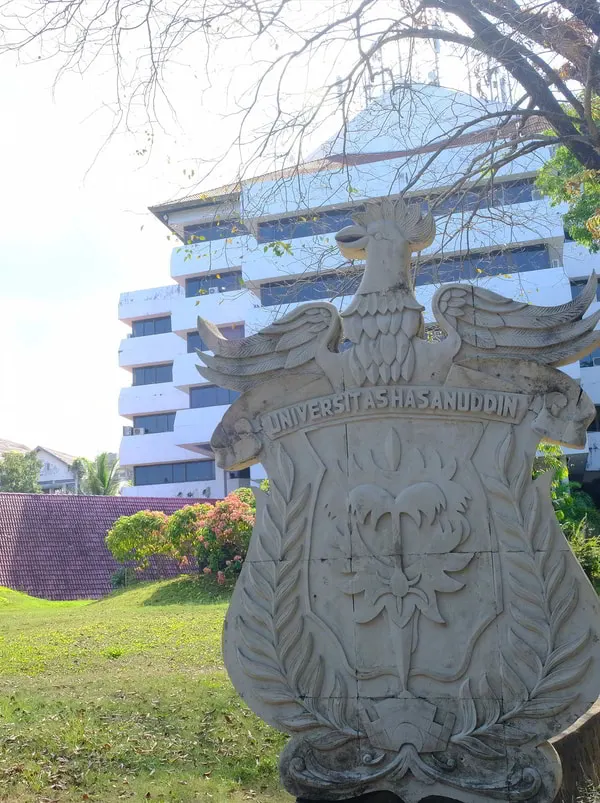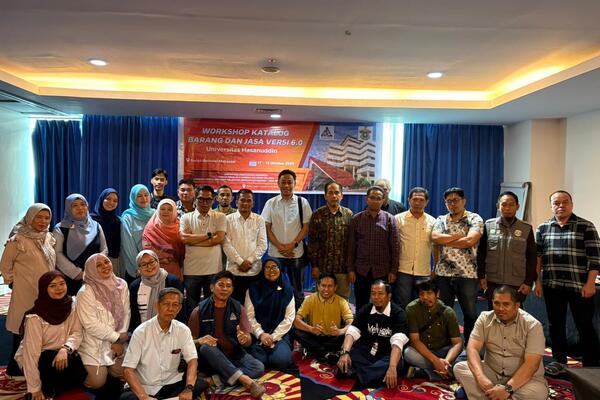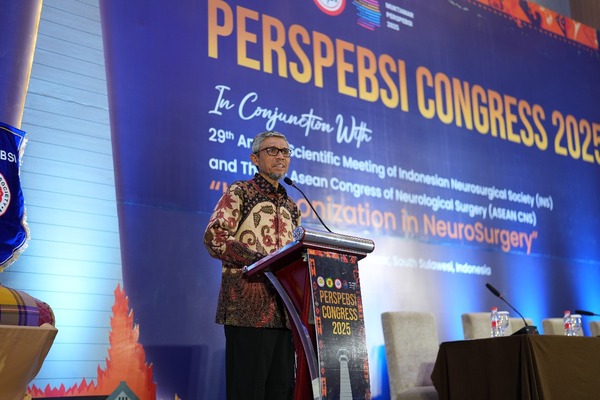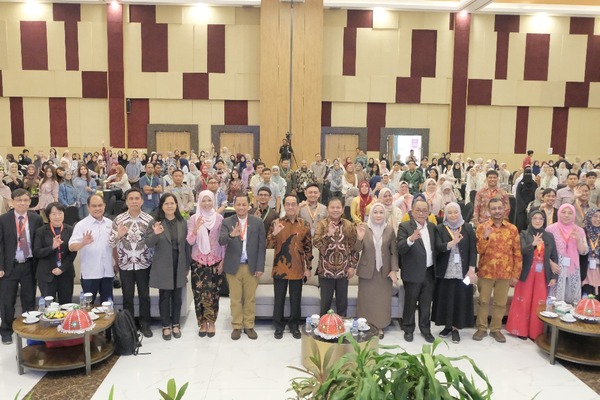The use of molecular techniques in the field of parasitology and entomology in the world and in Indonesia in particular, has uncovered a variety of basic scientific information, as well as having an impact prevention of various diseases of vector-based.
''Such information can help mapping the distribution of parasites (surveillance), diagnosis strengthening, the development of efforts to disease management based on evidence (evidence based control programme), '' said Prof.dr.Syafruddin, Ph.D. when conveyed a scientific oration the acceptance position of great teacher in the Field of Science of Parasitology at the Medical Faculty of Hasanuddin University, in the Senate Room of Unhas at Tamalanrea campus, on Monday (04/04/2016).
Men who born in Makassar on May 16, 1960 stated, the most important implications, particularly in the management of malaria is the ability to detect the disease in surveillance activities which brings consequences if the case positif Polymerase Chain Reaction (PCR) which is not accompanied by clinical symptoms of malaria needs to be treated or not.
In his oration titled 'Emerging Parasite and Malaria Mosquito of Double Resistant : Molecular Analysis and Implications on Management of Disease Contagious Vectors' ', the father of four children (husband of Dra.Siti Mainingsih, M.Sc.) who graduated his doctoral programme in Toyama Medical and Pharmaceutical University, Japan (1992) said, the use of biomolecular engineering in the field of Parasitology and entomology in Indonesia is still very limited. The research that he had done until now reveal, some mosquitoes' 'Anopheles'' mosquito 'Aedes'' has brought the Single Nucleotide Polymorphisms (SNPs) that are associated with resistance to insecticides dieldrin and pirethroid. The emergence and spread of the SNP in the population of '' Anopheles '' and '' Aedes '' associated with the increase by use of insecticides, both specifically used to combat insects or actually used for other purposes, such as for agriculture.
''The resistance of Anopheles Oconitus to insecticides dieldrin in Central Java, for example, is caused by exposure to dieldrin and mosquito Anopheles Oconitus that use rice fields as spawning area (breeding site), '' said the graduate of the Faculty of Medicine of Hasanuddin University in 1985.
Alumni of Senior High School 1 Makassar (1977) mentions, in some epidemiological studies of malaria and dengue, '' we have proven that the determination of the spread of malaria by microscopic techniques are much lower than a doubling technique of DNA through PCR''.
Syafruddin said, because the mosquitoes resistant by insecticide emerge and spread rapidly into an area, since a few years ago is developed an attempt to use mosquito repellent room (spartial repellent) in order to overcome the resistance phenomenon. Indoor mosquito repellent is expected to prevent contact between humans and vectors without going on a process of adaptation.
''This new paradigm has been tested in Indonesia and the temporary results have shown encouraging results when the incidence of malaria can be reduced to 50%, '' said Syafruddin which revealed the results of his research in 2014.
Graduates of Junior High School 6 Makassar in 1974 is concluded that applying biomolecules on various lines of management of diseases, both infectious and non-infectious must to be done in Indonesia through the integration of all potential and existing resources in the field of basic science and clinical of medicine.
'So that, generated a disease data that more legitimate and prevention efforts based on evidence. In turn will advance the knowledge about certain diseases and advances in medical science itself, '' said Syafruddin in the session led by the Chairman of the Academic Senate (Indonesian: Senat Akademik) abbreviated as SA,Prof. Dr H.M.Tahir Kasnawi, S.U., accompanied by Secretary of SA Prof.Dr. Ir.Moh.Restu, M.P. and attended by a number of members of the SA and invitations. (MDA).






